“I know that celebrity. Do you follow that influencer? My kid works at a top-tier company.”
These are phrases we often hear, and some of us have likely said them ourselves at some point.

As humans, we struggle with reflecting on our own “cup”—our inner self—or even recognizing its true state. Instead, we have a tendency to see our reflection through someone else’s “cup.” When we perceive someone else’s cup as being full—whether it’s their success, influence, or social standing—we create an illusion that, through our connection to them, our own cup is full too. But in truth, our cup might remain entirely empty.
This reliance on others’ cups can create a cycle of endless pursuit. When one full cup disappears, the fear of emptiness drives us to search for another. We might cling to relationships, achievements, or social validation, believing they can fill our inner void. But the reality is that no external source can truly fill an empty cup; only self-awareness and self-acceptance can.
Relatable Examples
- Parents Living Through Their Children
A mother boasts about her child’s admission to a prestigious university or their high-paying job, as though her own worth is tied to their achievements. While celebrating a child’s success is natural, relying on it to feel complete often points to a neglected inner self. When the child struggles or pursues a different path, the parent’s sense of fulfillment can collapse, revealing the emptiness in their own cup. - The Illusion of Social Media
Many people follow influencers or celebrities and subconsciously attach their sense of self-worth to them. For instance, someone might say, “I follow this fitness guru who motivates me every day,” but without taking personal action, the motivation remains external. Their own cup stays empty while they mistakenly feel validated by simply being part of a follower count. - Name-Dropping for Validation
Picture a colleague who constantly mentions their connections to influential figures—”I know the CEO of that company,” or “I had lunch with this famous entrepreneur.” While these connections might sound impressive, they often mask a deeper insecurity. Without their own accomplishments to speak of, they use others’ cups to create an illusion of fullness. - Material Pursuits as a Distraction
Imagine someone who continually buys luxury items to project a fulfilled life. They might think, “If I drive this car or live in this house, others will see me as successful.” But inside, they still feel unfulfilled because they’ve neglected to address their own internal emptiness.
A Call to Action
Instead of trying to fill our cups through others, we need to pause and reflect: Who am I? What truly fulfills me? It might feel uncomfortable at first because it requires facing our emptiness. But only by understanding what truly matters to us can we start filling our cups from within.
Try this exercise:
- Spend 10 minutes each day journaling about what brings you joy, not what impresses others.
- Reflect on your relationships—are they rooted in mutual care, or are you seeking validation through them?
- Practice gratitude for your strengths and achievements, no matter how small they seem.
When we stop comparing our cups to others’ and start nurturing our own, we unlock a sense of authenticity and fulfillment that no external source can provide.

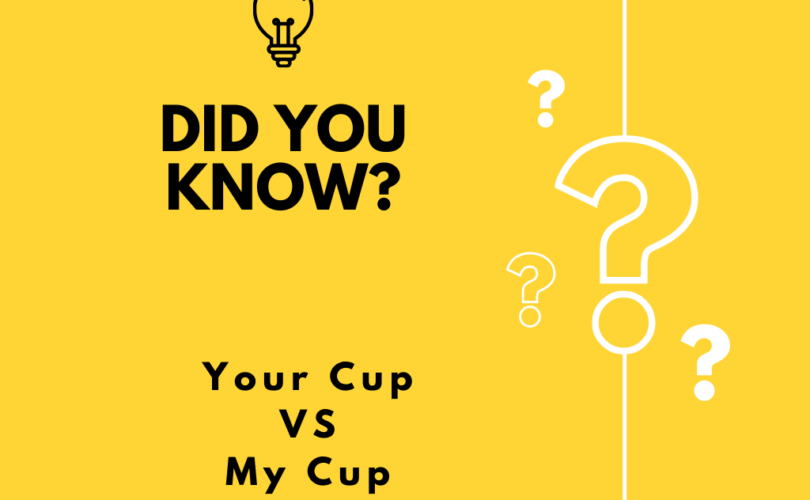
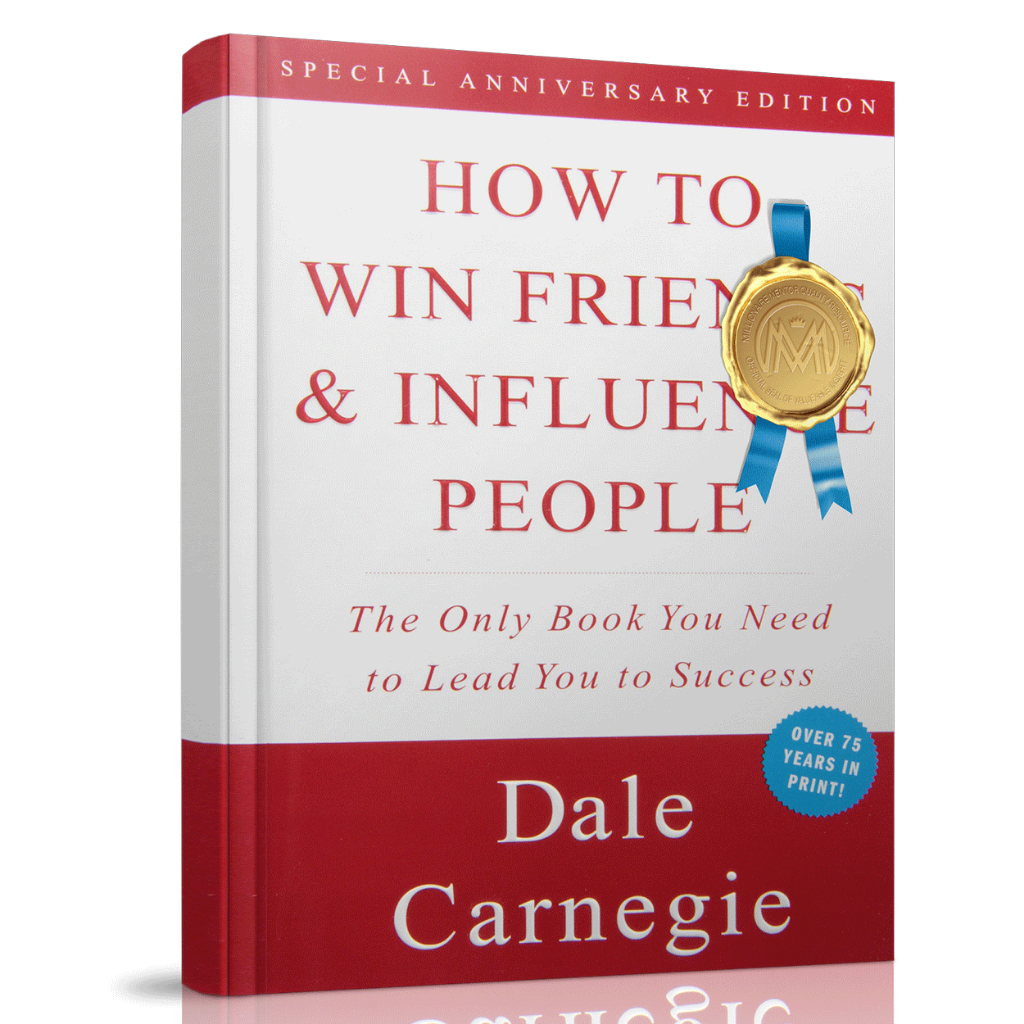


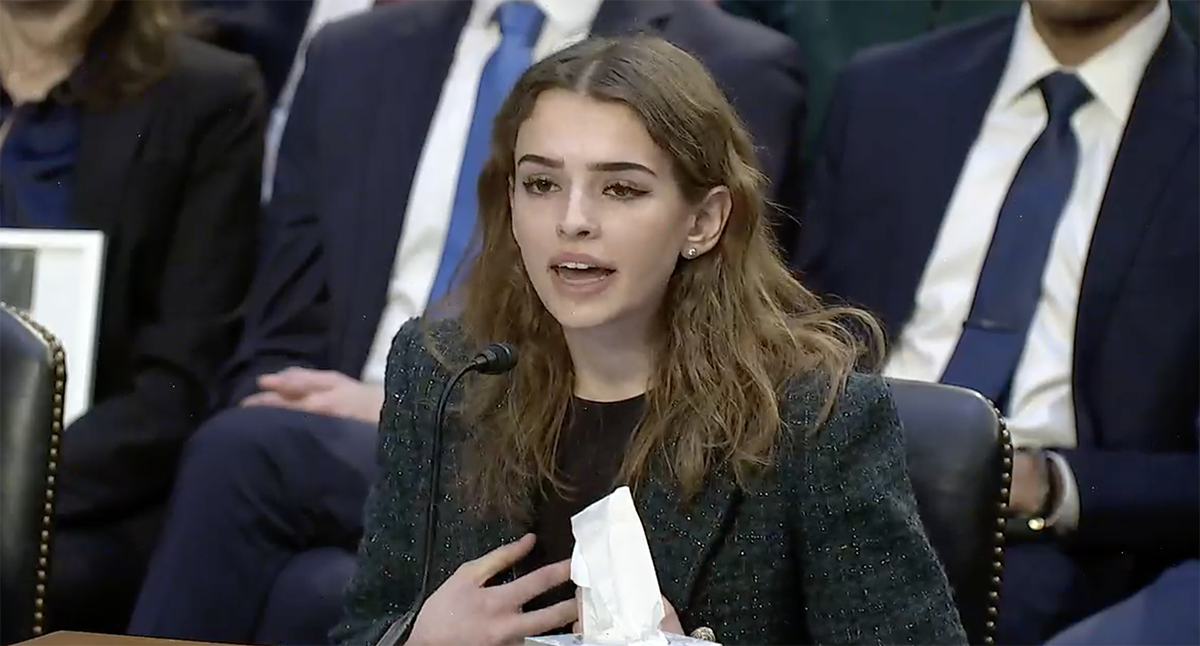
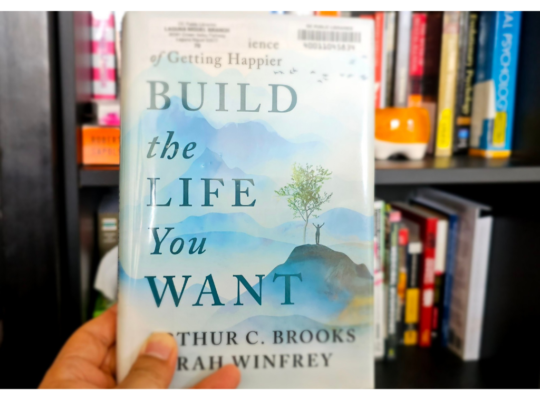
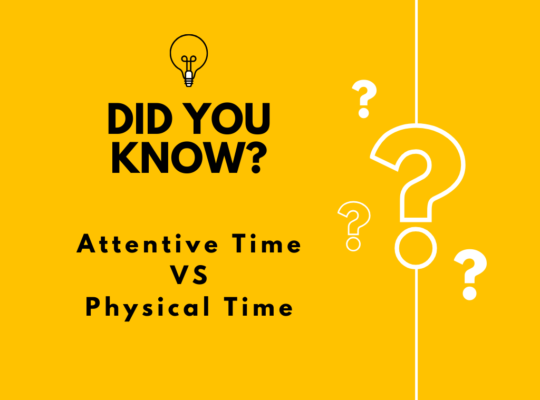
Great post, I think blog owners should larn a lot from this weblog its rattling user genial.